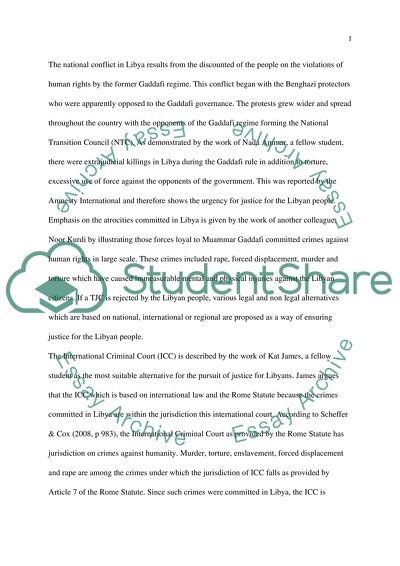Cite this document
(“Human rights: Libyan perspective Essay Example | Topics and Well Written Essays - 3000 words”, n.d.)
Retrieved from https://studentshare.org/law/1393575-human-rights
Retrieved from https://studentshare.org/law/1393575-human-rights
(Human Rights: Libyan Perspective Essay Example | Topics and Well Written Essays - 3000 Words)
https://studentshare.org/law/1393575-human-rights.
https://studentshare.org/law/1393575-human-rights.
“Human Rights: Libyan Perspective Essay Example | Topics and Well Written Essays - 3000 Words”, n.d. https://studentshare.org/law/1393575-human-rights.


